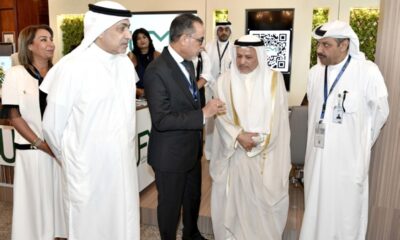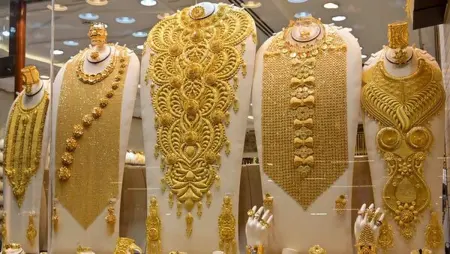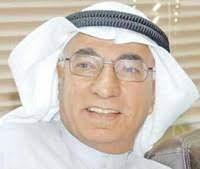KUWAIT CITY, July 15: One of the most critical decisions one can make while selecting a school is selecting a reputable college. With the ever-evolving landscape of higher education, Kuwaiti students have greater choices than ever for potential institutions, from local state schools to foreign branch campuses and private colleges. As the educational industry expands, ensuring that your college selection aligns with your professional and academic aspirations is essential. Before making the decision, consider these major factors.
Accreditation and Academic Level
Accreditation guarantees that your degree will be recognized in Kuwait and globally and that the organization is running in line with the national education policy. Companies or graduate schools would not be able to accept non-accredited programs as valid, minimizing your future opportunities.
Apart from accreditation, consider the general academic reputation of the institution. Verify graduate rates, teaching qualifications, and partnership with other institutions. Good institutions have very close relationships with overseas institutions for learning and research, thereby opening doors to internships and exchange programs.
Curriculum and Program Availability
Colleges vary in their strengths in different areas. If you have already considered what your area of study would be, search for universities in Kuwait offering specialized or advanced programs in your field of interest. Asking if the curriculum meets international standards is also a good idea.
The American college in Kuwait, for example, offers programs similar to those available in the United States. This would be most helpful if you intend to keep studying or employed overseas. When enrolling, understand more about the programs, focusing on quality, learning resource disposal, and instructors’ expertise. You also want to access the flexibility in learning schedules, which impacts your learning experience.
Instructional Language
Depending on the university and program, Kuwait has Arabic and English instruction. Choosing where you want to go depends on whether you want to study in one particular language. Although most of the private institutions provide courses taught in English, the majority of public universities, including Kuwait University, have most instruction in Arabic.
An English-language education can enable scholars seeking to work in international settings or multinational firms. On the other hand, employment in governmental or local media would call for an Arabic-language study. Check the language prerequisites for every course, as some call for admission-only expertise exams.
Cost and Financial Aid
College tuition can vary considerably in Kuwait, especially between the public and private sectors. Public universities offer free or lower tuition fees to Kuwait citizens. Private colleges charge more irrespective of nationality. One has to take into consideration the total amount of tuition fees, books, transport, and accommodation when budgeting.
Finally, investigate types of financing aids, grants, or payment installment plans available. Some schools have merit-based scholarships or need-based scholarships that will reduce your financial burden significantly. Being aware of your financial alternatives and budgeting tuition fees will prevent you from encountering any unexpected financial problems during your studies.
Campus Life and Student Support Services
College life also includes socialization and personal growth in addition to studies. Visit the student facilities, cultural activities, sports clubs, and societies provided for the students. Your college life can be supplemented by a vibrant campus life, which will also enable you to form a strong base of friends and future colleagues at work.
The students’ services are also essential. Quality universities provide health clinics, career guidance, academic advising, and counseling. These will be particularly useful to the first-year students embarking on college life or those students who require additional academic or emotional support.
Selecting a Kuwait university is a thoroughly researched choice that requires careful attention and dedication. Every detail in your selection is instrumental for your college experience. An informed decision will ensure a successful college life, whether you choose a public university or a private one.

 Politics22 hours ago
Politics22 hours ago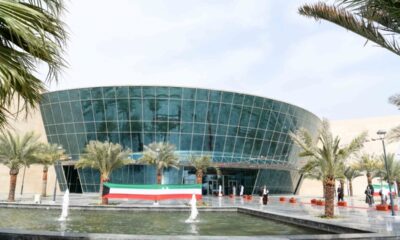
 Latest News20 hours ago
Latest News20 hours ago
 Politics19 hours ago
Politics19 hours ago
 Business22 hours ago
Business22 hours ago
 Politics21 hours ago
Politics21 hours ago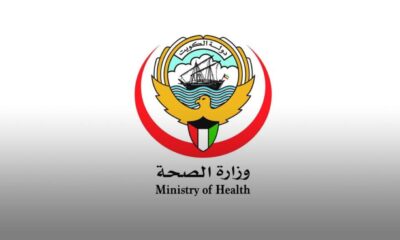
 Latest News19 hours ago
Latest News19 hours ago
 Latest News7 hours ago
Latest News7 hours ago
 Latest News9 hours ago
Latest News9 hours ago


